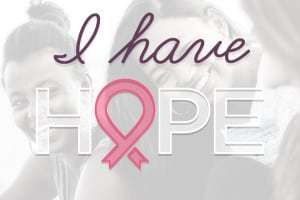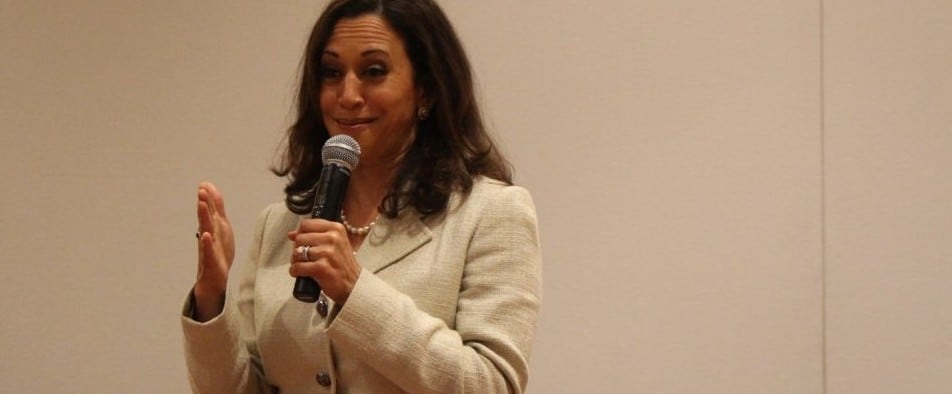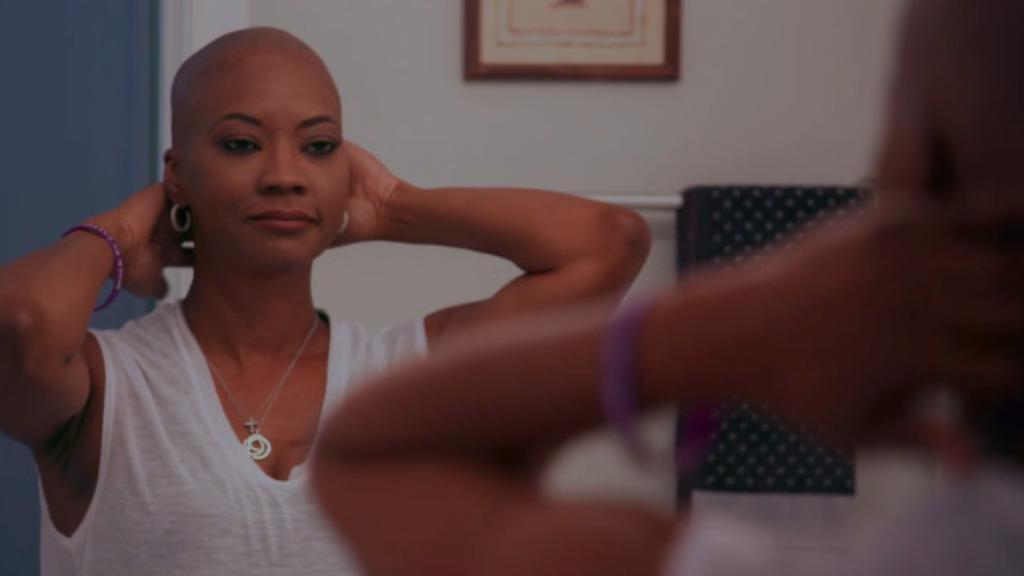This October 2016—Breast Cancer Awareness Month—the confusing cascade of numbers surrounding breast cancer in black women suggests that we are still in a battle to increase early detection and more effective treatment, while living our healthiest lives.
Black women are still slightly less likely to develop breast cancer—1 in 8 black women will get the disease, the rate for white women is 1 in 9—but we are 42 percent more likely to die after being diagnosed and the disparity in mortality has actually increased, while overall survival rates for breast cancer have improved for all women.
Early research has found some genetic differences in breast cancer between black and white women, especially when investigating the triple negative (or basal cell breast cancer). But, a new study, published in CA: A Cancer Journal for Clinicians, attributes most of the survival gap to social and economic problems. Women with higher incomes are more likely to eat healthy, exercise and received higher quality medical care.
Beating Breast Cancer
The more encouraging news is that researchers are working to gain a better understanding of breast cancer in black women. In July 2016, the National Cancer Institute launched the largest study to date to investigate the role of genetic and biological factors in black women’s breast cancer risk. The study is a combined effort of the African-American Breast Cancer Consortium, the African-American Breast Cancer Epidemiology and Risk (AMBER) Consortium, and the NCI Cohort Consortium who will look at a study population of 20,000 black women.
Current studies are shedding light on ways that we may make progress in beating this devastating disease. Here’s a round-up of some of the most promising news:
▪ Spirit matters. Scientists at the University of North Carolina Lineberger Comprehensive Cancer Center report that black women often face poorer physical and functional quality of life after a breast cancer diagnosis primarily because of socioeconomic factors. But, our rich commitment to spirituality, whether expressed through traditional religion on other practices, may help us heal.
The researchers found that black women were more likely to have better spiritual wellbeing than white women while undergoing cancer treatment, in a study of 2100 breast cancer patientsand and it was both statistically significant and clinically meaningful when contributing to better quality of life.
▪ Exercise and Eating Right Can Save Your Life. In research that adds evidence to an earlier report from the black women’s health study, exercise is an extremely powerful weapon in the fight against breast cancer. One study of nearly 20,000 women found that black women who engaged in two or more hours of vigorous exercise (running, walking/climbing briskly, cycling, and participation in sports) per week had a 12 percent lower risk of being diagnosed with breast cancer.
In August 2016, the team at the Black Women’s Health Study (BWHS) reported that African American women who followed established cancer prevention guidelines had a lower risk of breast cancer. This month, BWHS released other new research showing that being sedentary, defined as spending five hours or more a day in front of the TV, for example, also increased our chances of developing breast cancer.
Fighting Treatment Bias is Critical. Research published in April in the Journal of Clinical Oncology made it clear that older women, especially older black women are less likely to receive the most effective treatment for Her2 positive breast cancer.
The black women in a study of more than 1300 women were 60 percent less likely to be given the drug trastuzumab (or Herceptin), a treatment that has been shown to increase survival rates by 37 percent. Researchers were not clear on all of the reasons why, but cost may be an issue. Trastuzumab costs about $5,000 per treatment, so women without supplemental Medicare coverage would have to pay at least 20 percent of that cost. Treatment bias—physicians failing to offer black women the best treatments—may have also been an explanation. The best protection is knowing all you can about the best treatments for the disease and demanding the best possible care.
Get the latest information on breast cancer prevention, treatment and support by reaching out to these organizations:
▪ African American Breast Cancer Alliance – Cancer support
▪ Breast Cancer.org – Keep up with the latest research.
▪ Sister’s Network – An African American survivor’s organization.
▪ Share – Cancer support.
▪ The National Breast Cancer Foundation – Visit the site and download your free, breast health guide.
▪ The Triple Negaitve Breast Cancer Foundation – Information and support about an aggressive form of breast cancer that is more common in black women.
Photo: Getty, Kali9









